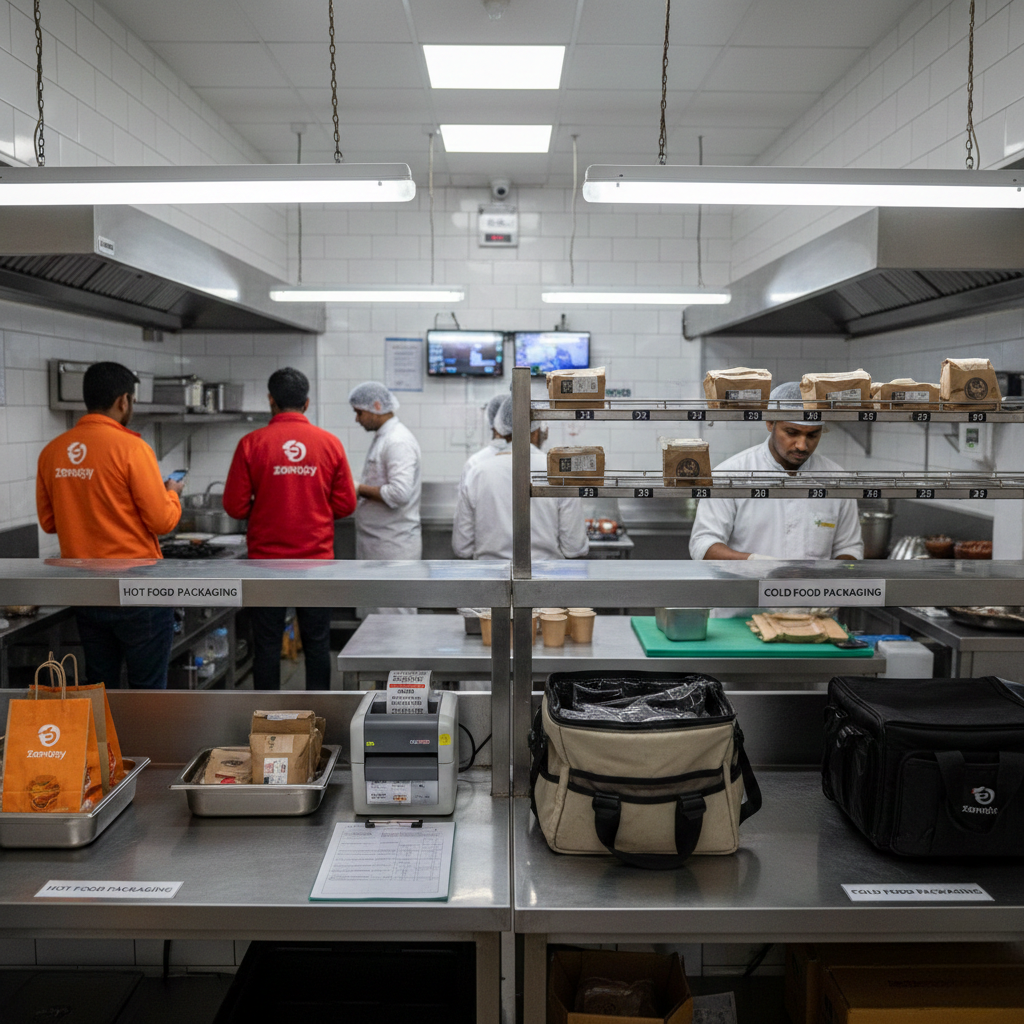In today’s digitally-driven world, influencer marketing has emerged as a powerful tool for food brands to connect with their target audience. Leveraging the influence of individuals with a substantial following on social media platforms, influencer marketing allows food brands to reach potential consumers in an authentic and engaging way. In this comprehensive guide, we’ll delve deep into the world of influencer marketing for food brands, exploring its benefits, strategies, and best practices.
Understanding Influencer Marketing
Influencer marketing involves collaborating with individuals who have a significant presence and influence on social media platforms such as Instagram, YouTube, and TikTok. These individuals, known as influencers, have built a loyal following by creating compelling content that resonates with their audience.
The Benefits of Influencer Marketing for Food Brands

1. Increased Brand Awareness
Partnering with influencers allows food brands to expand their reach and increase brand awareness among a targeted audience. Influencers can introduce your products to their followers in an authentic and relatable manner, leading to greater exposure for your brand.
2. Authenticity and Trust
Influencers have built a level of trust with their audience, making their recommendations highly influential. When influencers endorse food brands, their followers are more likely to perceive the brand positively and trust their recommendations, leading to increased credibility and sales.
3. Engaging Content
Influencers are skilled at creating engaging content that captures the attention of their audience. By collaborating with influencers, food brands can leverage their creativity and storytelling abilities to create content that resonates with consumers, driving engagement and brand loyalty.
Strategies for Successful Influencer Marketing Campaigns
1. Identify the Right Influencers
When selecting influencers to collaborate with, it’s essential to consider factors such as relevance, reach, and engagement. Look for influencers whose values align with your brand and whose audience demographics match your target market.
2. Define Clear Objectives
Before launching an influencer marketing campaign, clearly define your objectives and key performance indicators (KPIs). Whether your goal is to increase brand awareness, drive sales, or promote new products, having a clear strategy will help guide your campaign and measure its success.
3. Establish Authentic Partnerships
Focus on building authentic partnerships with influencers rather than transactional relationships. Influencers are more likely to create authentic content that resonates with their audience when they genuinely believe in your brand and products.
4. Leverage User-Generated Content
Encourage influencers to create user-generated content featuring your products. This not only showcases your products in an authentic context but also encourages their followers to engage with your brand and share their experiences.
Read Also : Marketing Tips for Food Startups: From Zero to Hero
Effective Social Media Marketing Strategy for Restaurants
Best Practices for Influencer Marketing in the Food Industry

1. Disclose Sponsored Content
Transparency is key in influencer marketing. Ensure that influencers disclose any sponsored content in compliance with FTC guidelines. Transparent partnerships build trust with audiences and prevent any misunderstandings.
2. Foster Long-Term Relationships
Invest in long-term relationships with influencers who are genuinely passionate about your brand. Building loyalty with influencers can lead to consistent brand advocacy and greater impact over time.
3. Measure and Analyze Performance
Track the performance of your influencer marketing campaigns using metrics such as reach, engagement, and conversion rates. Analyzing data allows you to optimize your strategies and allocate resources effectively.
Conclusion
In summary, influencer marketing presents food brands with a unique opportunity to connect with consumers in a meaningful and authentic way. By partnering with influencers who align with their values and target audience, food brands can increase brand awareness, build trust, and drive engagement. By following best practices and strategies, food brands can harness the power of influencer marketing to stand out in a competitive market landscape.





